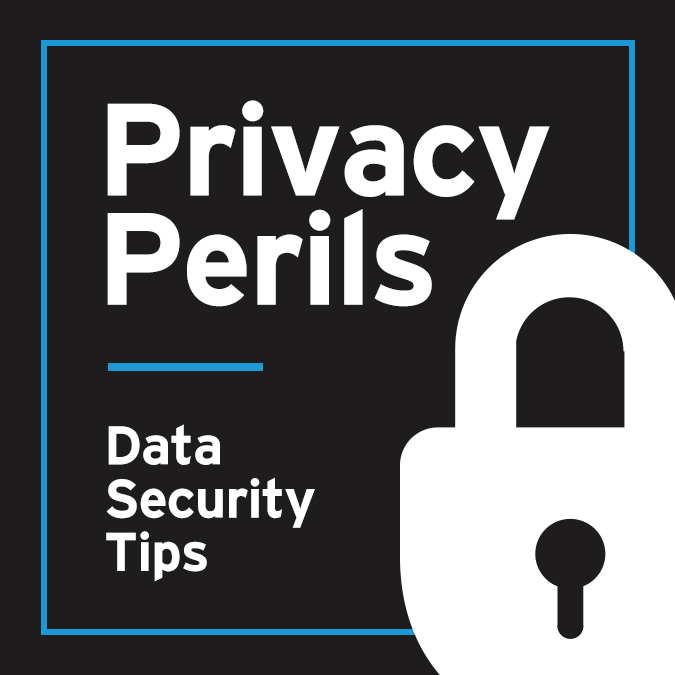Many of those pesky unsolicited calls to your cell phone are illegal. If you’re tired of receiving unwanted calls, you can go to https://complaints.donotcall.gov/complaint/complaintcheck.aspx, fill in some information, and lodge a complaint with the Federal Trade Commission (FTC). The FTC tracks all complaints and will follow up on those where there are patterns of calling without callers’ permission.
Here are some other tips from the FTC to stop unwanted calls and avoid falling for scams:
- Don’t answer calls from unknown numbers. If you answer such a call, hang up immediately.
- You may not be able to tell right away if an incoming call is spoofed (spoofing is when a caller deliberately falsifies the information transmitted to your caller ID display to disguise their identity). Be aware: Caller ID showing a “local” number does not necessarily mean it is a local caller.
- If you answer the phone and the caller – or a recording – asks you to hit a button to stop getting the calls, you should just hang up. Scammers often use this trick to identify potential targets.
- Do not respond to any questions, especially those that can be answered with “Yes.”
- Never give out personal information such as account numbers, Social Security numbers, mother’s maiden names, passwords or other identifying information in response to unexpected calls or if you are at all suspicious.
- If you get an inquiry from someone who says they represent a company or a government agency, hang up and call the phone number on your account statement, in the phone book, or on the company’s or government agency’s website to verify the authenticity of the request. You will usually get a written statement in the mail before you get a phone call from a legitimate source, particularly if the caller is asking for a payment.
- Use caution if you are being pressured for information immediately.
- If you have a voicemail account with your phone service, be sure to set a password for it. Some voicemail services are preset to allow access if you call in from your own phone number. A hacker could spoof your home phone number and gain access to your voice mail if you do not set a password.
- Talk to your phone company about call blocking tools they may have and check into apps that you can download to your mobile device to block unwanted calls.
- If you use robocall-blocking technology already, it often helps to let that company know which numbers are producing unwanted calls so they can help block those calls for you and others.
- To block telemarketing calls, register your number on the Do Not Call List. Legitimate telemarketers consult the list to avoid calling both landline and wireless phone numbers on the list.
 Check out our series, Privacy Perils, to learn what steps you can take to guard your personal and company data. For more information about this topic and other cyber security concerns, please contact a member of our Privacy & Data Security team.
Check out our series, Privacy Perils, to learn what steps you can take to guard your personal and company data. For more information about this topic and other cyber security concerns, please contact a member of our Privacy & Data Security team.


